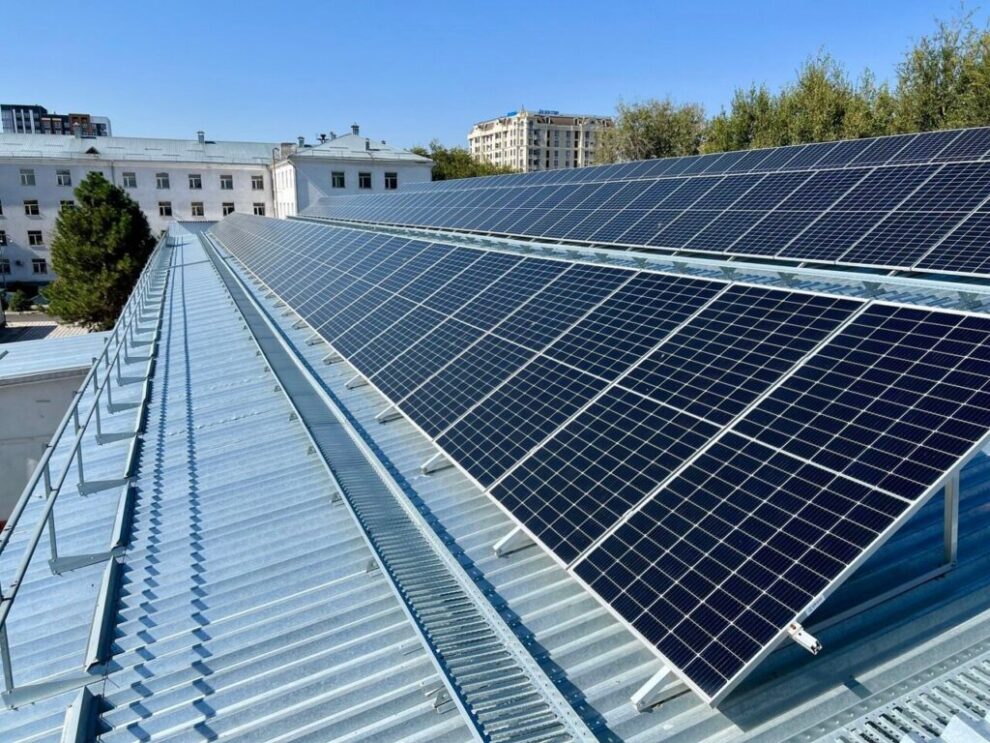Tajikistan’s longtime president has said his country plans to switch entirely to renewable sources of energy by 2032, though a recent World Bank report warns that climate change is already threatening Tajikistan’s energy and water security, which are key to development.
At the United Nations climate conference in Azerbaijan, President Emomali Rahmon said on Tuesday that Tajikistan’s goal was to become a “green” country by 2037, a reference to low carbon and resource efficiency goals.
“Today, 98% of our electricity is produced by hydropower, and Tajikistan’s share in the amount of greenhouse gas emissions is small” compared to many other countries, said Rahmon, who has been in power since 1994. “However, achieving the above goals requires a lot of effort and money from us.”
He told delegates at the COP29 meeting in Baku that Tajikistan is cooperating with development partners, “especially global financial institutions.”
In a report released last week, the World Bank cautioned that Tajikistan’s growth model has “reached its limits” despite robust economic development and poverty reduction in the last two decades. It said domestic institutions are weak, the private sector is underdeveloped and Tajikistan’s economic aspirations will be on hold unless it implements structural reforms.
“Degraded agricultural land, along with risks of increasing water scarcity, raises major risks to the productivity of crop and livestock sectors, critical to the livelihoods of the majority of Tajiks. Air pollution is rife, with Dushanbe’s measure of particulate matter far exceeding regional averages and other cities affected,” it said.
The World Bank acknowledged Tajikistan’s plan to improve infrastructure for hydropower development, clean energy, and water storage to address the challenges of climate change. But it said the effects of global warming, including glacier melting and extended droughts, could undermine development goals and drive an increase in poverty.
Tajikistan’s big hope is that the Rogun hydropower plant, which has been under construction since 2007 and is partly operating, can play a transformative role in electricity generation in Tajikistan but also as a clean energy exporter to other countries in Central Asia. The project has faced delays, cost overruns and criticism from environmental and rights groups.
The World Bank, one of the international backers of the project, said the success of the Rogun plant, which will have a total generation capacity of 3,780 megawatts, will depend on “enhanced governance and transparency, dedicated supervision support, and a sustainable macroeconomic framework.”









